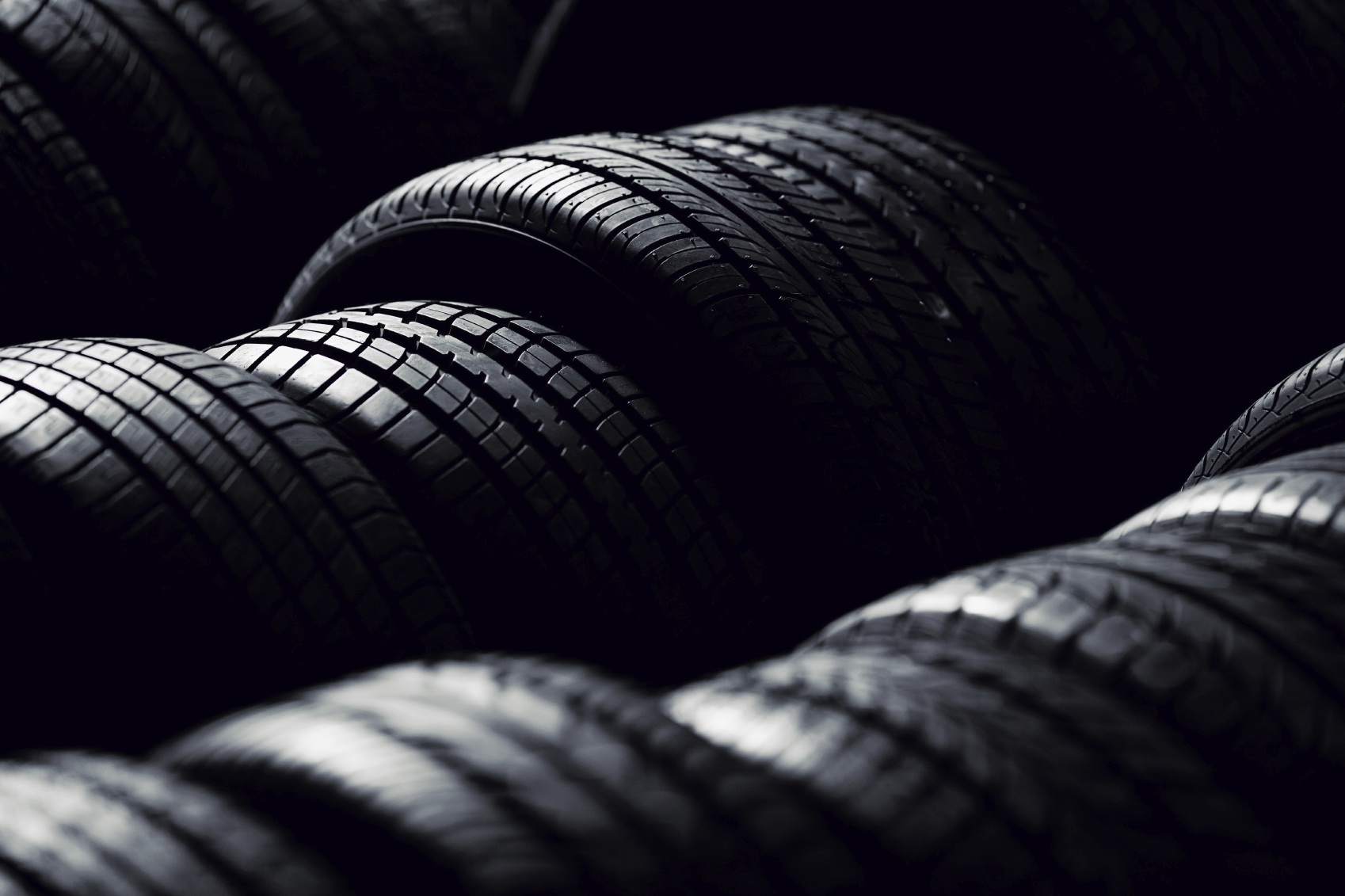Innovation

Sustainability and environmental protection have never been more critical to global tire manufacturers. The world’s major tire producers are investing heavily in research and development of more sustainable rubber and tire production solutions and more efficient products.
Driven by innovation, the tire industry is addressing a multitude of challenges including the search for more sustainable sources of raw materials such as natural rubber, carbon black, polymers and chemicals, creation of more efficient manufacturing processes, improvement of product durability and reliability, development of new mobility solutions, and reduction of all potential environmental impacts.
New Tire Technologies
Since the advent of the automobile, tires have seen many technological advancements and new technologies continue to enhance tire performance. Advances in raw materials and chemical compounds offer better grip in snow and ice, developments in compounds improve wet handling and innovations in tread patterns, sidewall design, and overall tire construction make for safer and more reliable tires. Tire manufacturers also strive to engineer products that provide more environmental benefits by designing tires using less material, building tires that last longer with less tire wear, and incorporating recycled rubber and alternative sources of rubber into production.
Tire manufacturers work together with vehicle designers to engineer tires for the future; and with the rise of connected cars, autonomous driving and electric vehicles, the latest technologies integrate tires into these sophisticated systems for safer and more efficient driving.
New Tire Materials
Tire manufacturers continuously seek more sustainable sources of natural rubber, carbon black, and other vital manufacturing ingredients. They also seek ways to incorporate recycled materials into new tires, and ways to replace chemicals that play critical roles in tire performance and safety with new chemicals with lesser environmental impact.
Natural rubber remains at the core of today’s tire production. The disadvantages of the rubber tree cultivation are that it can only be only cultivated in the equatorial “rubber belt”, and it takes several years for the tree to start producing latex. Tire manufacturers continue to seek and work with new, more sustainable alternatives such as Guayule and TKS (rubber root). These alternative sources are less demanding and weather-sensitive plants that can be cultivated on land not suitable for food production. This also means rubber production being conceivable closer to tire factories with significantly shorter transport routes resulting in further reduction in greenhouse gas (GHG) emissions. This solution could also guarantee steadier rubber supply into the market and lead to greater price stability.
Here are some examples of tire manufactures working toward circular manufacturing and sustainable future:


